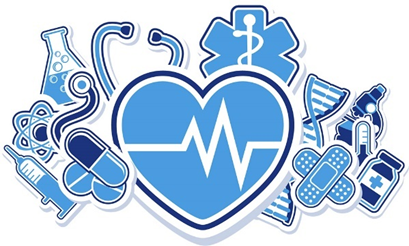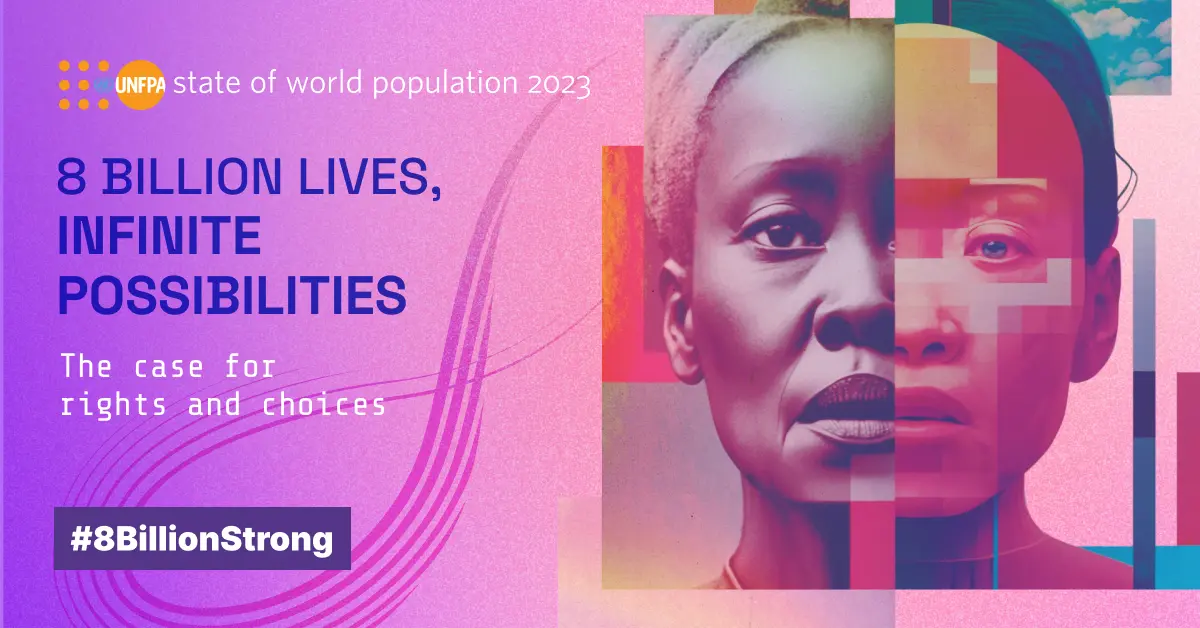UN population report: Key takeaways for India and the world
Healthcare in India has made great progress, but challenges remain

2023-03-31
01:22 pm
253 Views
The Indian healthcare system has successfully overcome seemingly insurmountable challenges over the years, which were once considered hopeless.
In 2007, national and international demographers predicted that India would achieve a total fertility rate of 2.1 (replacement level) only by 2041, but India achieved this by 2020. Similarly, maternal and infant mortality rates were expected to persist until as late as 2010.
Despite the evidence that showed the need for hospital deliveries, the traditional belief was that the traditional dais were the only option. However, the latest NFHS-5 findings reveal that even in the so-called BIMARU states, hospital deliveries have increased to 89 per cent.
Despite these achievements, India is facing certain major challenges such as Non-communicable diseases (NCDs), Infrastructure, Health insurance, Artificial Intelligence (AI) and digital technology. Since, India has the youngest population for more than three decades, and to fully redeem this advantage, tough health challenges must be confronted.

Challenges faced by the Indian Healthcare system
Non-communicable diseases (NCDs)
- Cardiovascular diseases (CVDs), cancers, chronic respiratory diseases (CRDs) and diabetes are increasing in India, and they all share four behavioural risk factors — an unhealthy diet, lack of physical activity and use of tobacco and alcohol.
- The proportion of deaths due to NCDs has increased from around 38 per cent in 1990 to 62 per cent in 2016.
- Obesity has increased from 19 per cent to 23 per cent between NFHS-4 and NFHS-5, in both urban and rural areas.
- Building awareness and promoting healthy lifestyles can prevent millions from illness and premature death.
Infrastructure
- The state of infrastructure matters, and since 2018, governments have been trying to bolster primary healthcare by establishing health and wellness centres.
- However, there are huge variations between states, with some having better arrangements than others.
- In urban areas, there is a gap in hospital services between large urban agglomerations and tier II and tier III cities.
- People have to rely on the private sector, which owns two-thirds of the country’s hospital beds.
- Large hospital chains account for just 4-5 per cent of the beds in the private sector, and standalone hospitals and nursing homes provide 95 per cent of private hospital beds.
- Making the centrally-run hospitals and district hospitals fully functional is imperative.
Health insurance
- Low health insurance penetration and high Out of Pocket expenditure on healthcare are problems in India.
- However, more than four crore Indians have bought health insurance over the past three years, and the Ayushman Bharat insurance scheme for 10 crore poor families has been undertaken.
- Nearly 74 per cent of Indians are either covered or eligible for health insurance coverage, which is a game-changer from the pre-2018 situation.
- Out-patient doctor consultation costs, diagnostics, and drugs account for the biggest chunk of out-of-pocket personal expenditure.
Artificial Intelligence (AI) and digital technology
- The use of AI and digital technology in healthcare is an emerging concern.
- Surgery assisted by robots, the use of genetic codes, clinical judgements based on algorithms are examples of AI and digital technology in healthcare.
- The challenge is to balance the benefits of technology with the ethical concerns.
Building awareness and promoting healthy lifestyles, improving infrastructure, increasing health insurance coverage, and balancing the benefits of technology with ethical concerns are essential to address these challenges.
















Comments
Login To Comment
Recent Comments